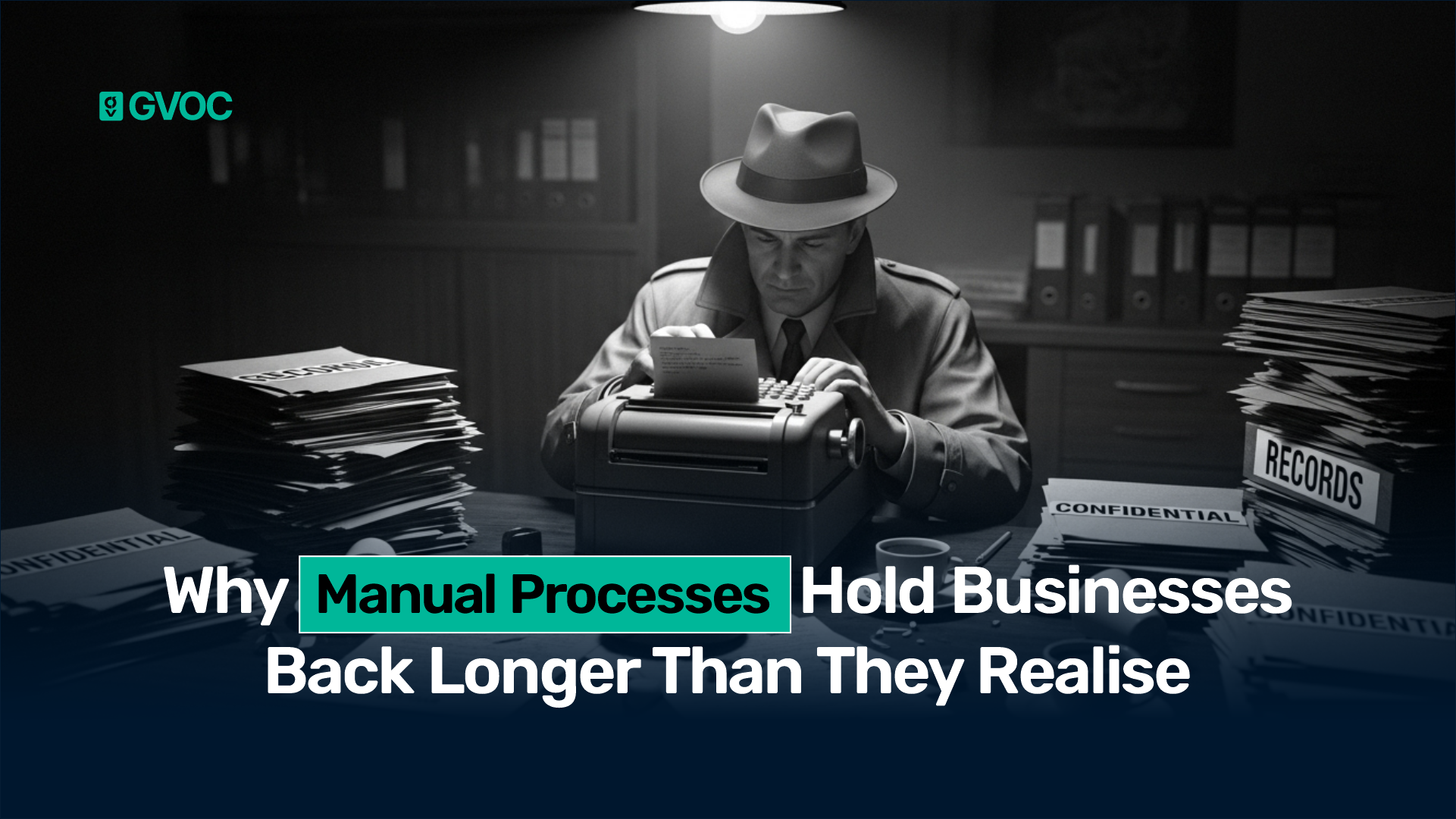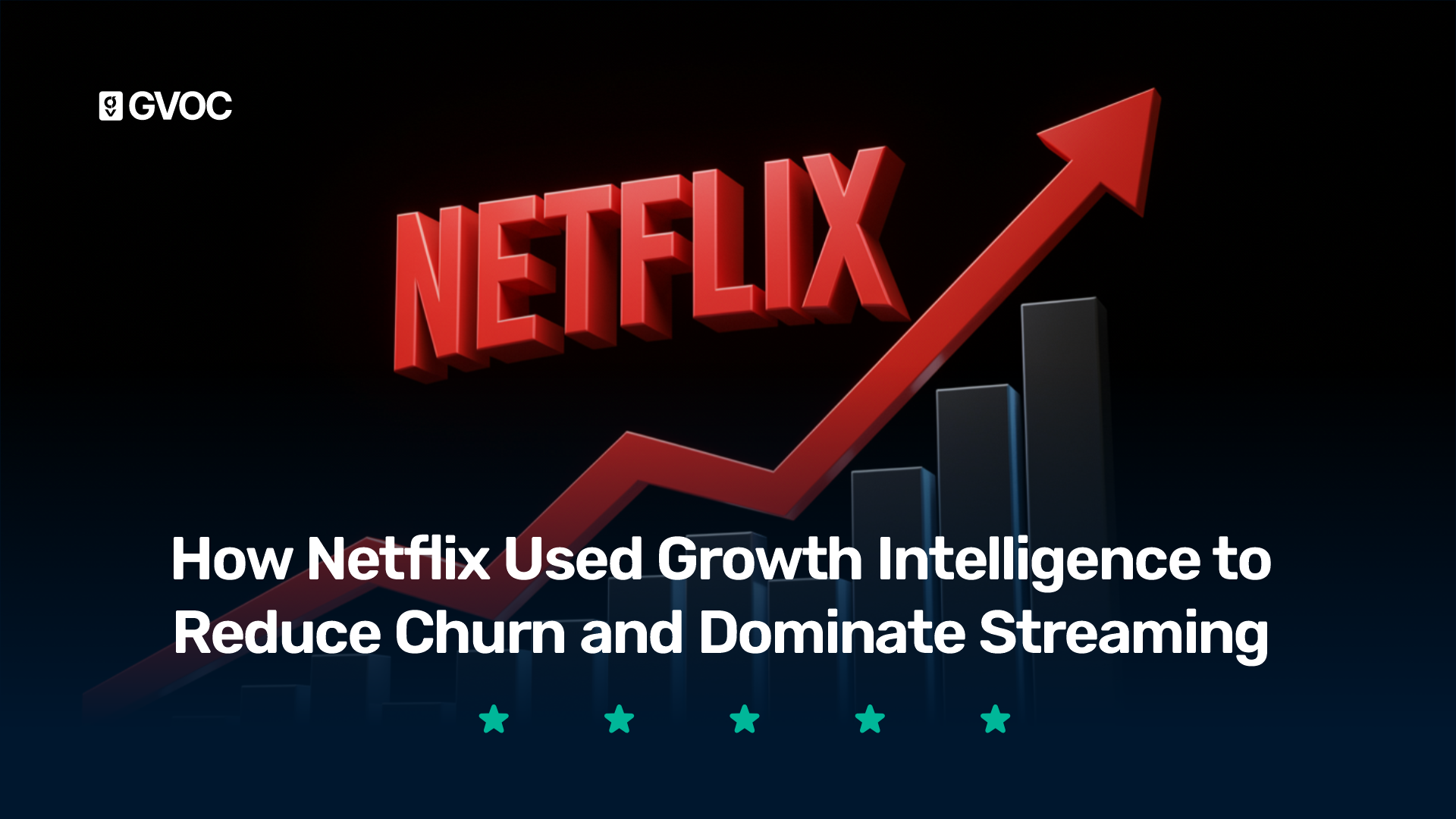
Data Management
In today’s data-driven business landscape, terms like Data governance and Data management get thrown around constantly. But what do they really mean? If you’re a business leader, you’ve likely wondered: "Aren’t they the same thing?" "Why should I care?" "How do they impact my bottom line?" At GVOC, we specialize in turning data into business intelligence and customer intelligence, so let’s cut through the terms. Here’s a breakdown of how these concepts differ, why both are critical for your business, and how they power smarter decisions.
Content
1: Data Management – The "Engine" of Your Data
Think of it like this: If data were water, data management is the plumbing system. It’s the technical foundation that handles data’s lifecycle:
- Collecting raw data
- Storing it securely
- Cleaning and organizing it
- Making it accessible to tools (like BI dashboards or CRM systems)
Why it matters for business:
Without effective data management, your data is like water flooding a basement—messy, unusable, and damaging. For example:
- If sales data is scattered across spreadsheets, emails, and legacy software, you can’t accurately track revenue trends.
- If customer addresses aren’t standardized, your marketing team wastes budget on undeliverable mailers.
The business impact: Efficient data management ensures your teams spend less time hunting for data and more time acting on insights. It’s the backbone of reliable reporting, AI models, and day-to-day operations.
2: Data Governance – The "Rulebook" for Your Data
Think of it like this: If data management is the plumbing, data governance is the building code. It’s the strategic framework that answers:
- Who owns the data?
- How should it be used ethically?
- What quality standards must it meet?
- When must compliance rules (like GDPR) be followed?
Why it matters for business:
Governance turns raw data into a trusted business asset. For instance:
- A bank uses governance rules to ensure loan approval algorithms don’t discriminate unfairly.
- An e-commerce brand uses governance to maintain a "single source of truth" for customer data, avoiding duplicate records.
The business impact:
Poor governance leads to compliance fines, reputational damage, and flawed strategies. Strong governance builds trust—in your data, your decisions, and your brand.
Analogy time:
- Data management is like operating a factory (machines, workflows, output).
- Data governance is like factory regulations (safety standards, quality control, ethical labor practices).
You need both to run a successful, sustainable business.
3: Why This Matters for YOUR Business
Whether you’re in retail, finance, or healthcare, blurring the lines between governance and management creates costly blind spots:
Scenario 1: Governance Without Management
You set strict rules for customer data privacy (governance), but lack tools to enforce them (management).
Result: Rules exist on paper, but data leaks still happen → fines + lost customer trust.
Scenario 2: Management WITHOUT Governance
You invest in a fancy BI tool (management), but sales/marketing teams use conflicting definitions for "revenue."
Result: Reports disagree → Executives make decisions on flawed data.
The GVOC Perspective: Where BI & Customer Intelligence Thrive
At GVOC, we see data governance and management as two halves of one engine—powering your business intelligence:
- Data management collects and refines raw customer interactions into clean datasets.
- Data governance ensures those datasets align with business goals.
Together, they transform data into actionable customer intelligence:
- Personalize offers without violating privacy.
- Forecast demand accurately.
- Spot market trends before competitors.
4. Getting Started – Practical Tips
- For data management: Audit your tools. Are teams wasting time merging spreadsheets? Consolidate into one cloud platform (e.g., Snowflake, AWS).
- For data governance: Define one critical business question (e.g. "How do we track customer lifetime value?"). Then set rules for how data must support it.
- Collaborate: Involve business leaders (governance) AND technical teams (management) in planning.
Conclusion: Data Wins When Strategy Meets Execution
Data governance vs data management isn’t about choosing one—it’s about synchronizing them. Governance sets the destination; Management builds the road.
At GVOC, we help businesses bridge this gap. When governance and management work together, you get:
- Faster decisions (no more debating data quality)
- Lower risk (compliance built-in, not bolted-on)
- Smarter growth (scaling BI and customer intelligence reliably)
Ready to turn data chaos into clarity?
GVOC builds tailored business intelligence solutions that make governance and management work for your goals—not the other way around.
Case Studies & Strategies
Dive into our newsletter for a wealth of knowledge in digital marketing









.png)
.png)
.png)

.svg)



.png)

.svg)


.svg)
.jpg)
.jpg)
.jpg)
.jpg)
.jpg)






